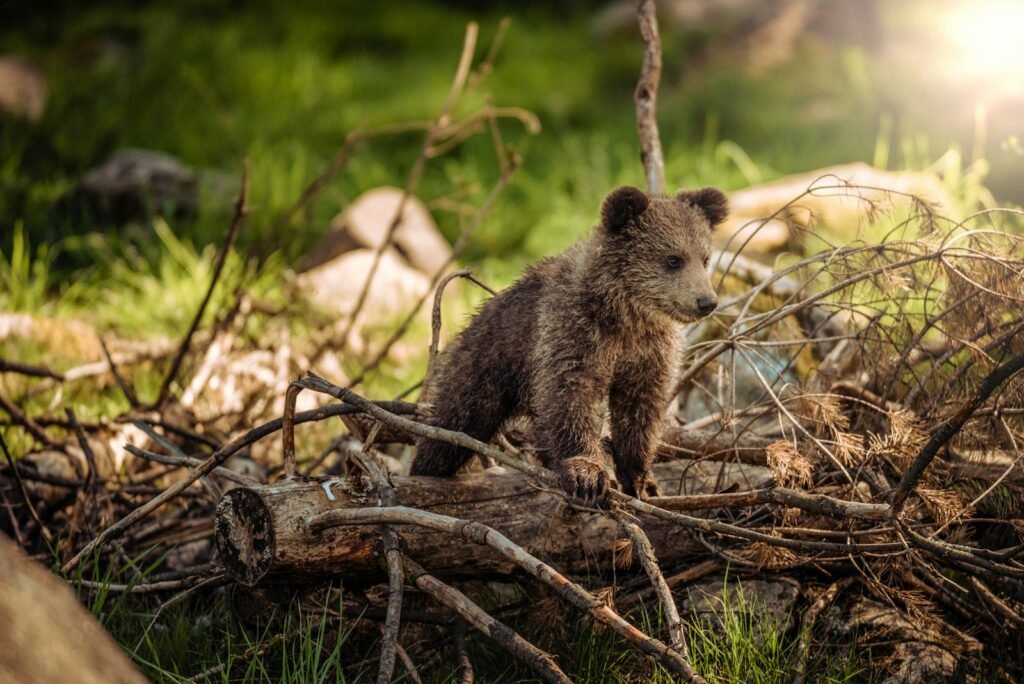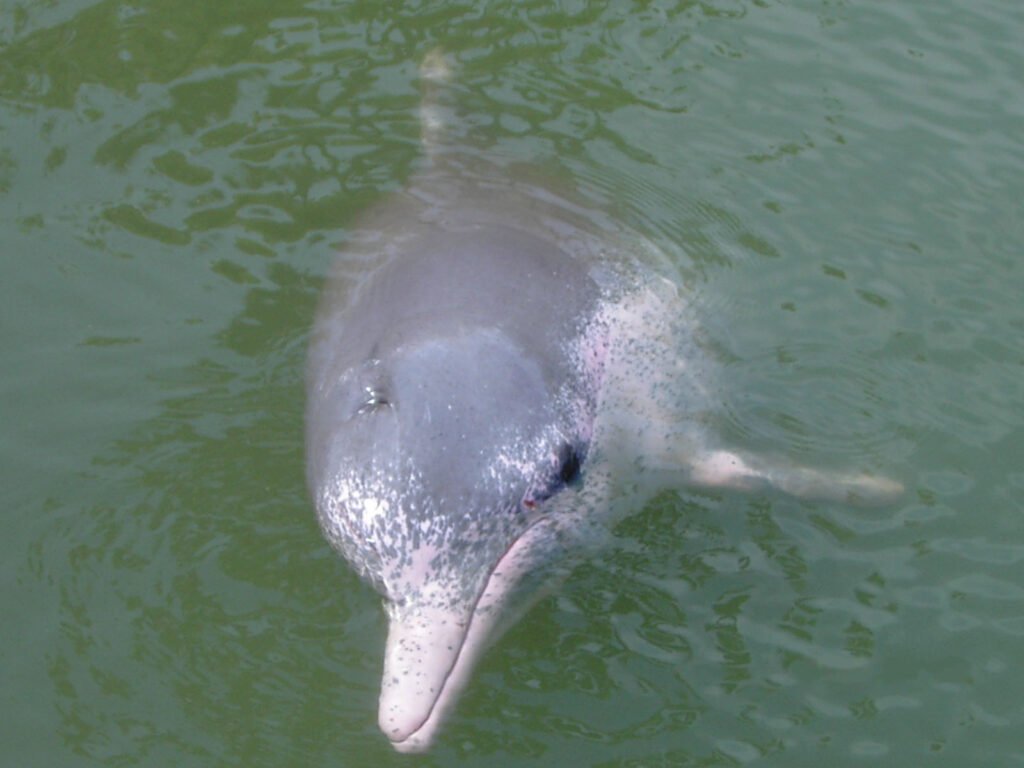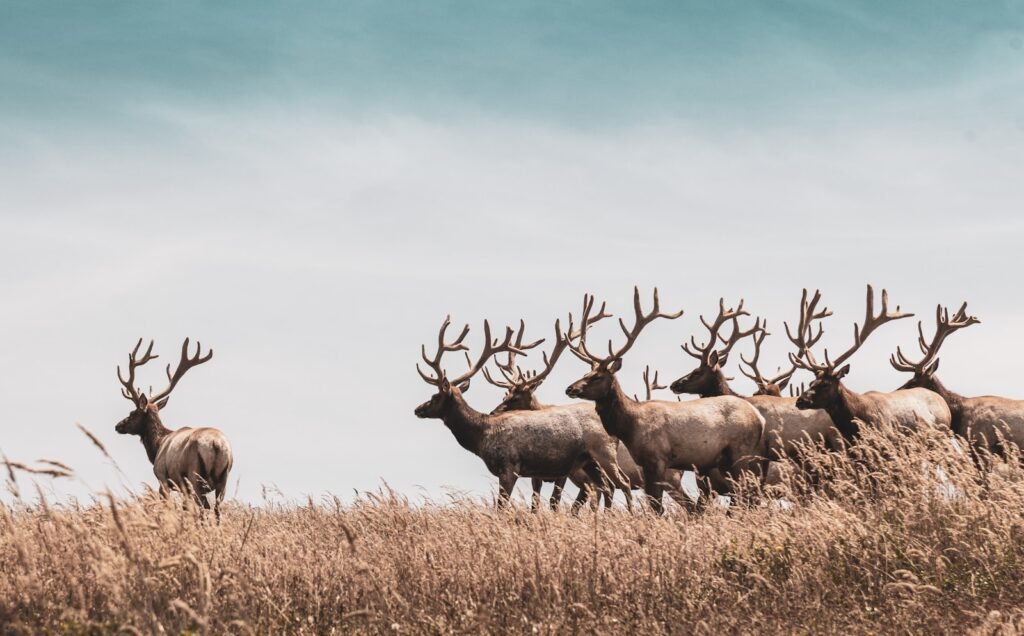Imagine you’re the first person to discover a vibrant frog deep in the Amazon. You get to name it, right? But what if that frog lives on land claimed by two countries, or is sacred to an Indigenous community? Suddenly, naming isn’t just about science—it’s tangled in history, power, and politics. Naming a species is a moment of triumph for scientists, but beneath the Latin and Greek lies a world of heated debates, cultural clashes, and even international tension. The story of how a species gets its name is far richer and more emotional than you might think.
The Power Behind a Name
Names are never just labels—they carry weight, stories, and authority. In the world of taxonomy, naming a species means staking a claim in scientific history, forever linking your name and perspective to a living thing. But who decides what it’s called? Historically, it’s often been scientists from powerful nations, echoing colonial patterns and sometimes sidelining local knowledge. For example, many African and South American species were catalogued by European explorers, with little regard for Indigenous names or cultural significance. The power to name is a power to shape narratives, a fact that’s both thrilling and troubling for the scientific community.
Colonial Echoes in Taxonomy
When European explorers roamed the globe, they brought home not just specimens, but the authority to name them. This practice often erased local languages, traditions, and relationships with nature. A bird in Australia might bear the name of a British lord rather than the Aboriginal name used for thousands of years. This naming legacy still lingers, as some species’ names are reminders of colonial conquest rather than local heritage. Today, many scientists and activists are pushing to restore original names or recognize Indigenous contributions, but the debate is heated, reflecting deep wounds and aspirations.
Indigenous Knowledge and Naming Rights

Indigenous communities often have profound relationships with the plants and animals around them, sometimes spanning centuries. Their names carry ecological insights and stories lost in translation. Yet, too often, these names are ignored in favor of Latinized versions chosen by outsiders. Now, there’s a growing movement to include Indigenous voices in the naming process, honoring traditional knowledge and correcting historic wrongs. When a recently discovered frog in Ecuador was named after a local Kichwa word, it wasn’t just a nod to culture—it was a political act, asserting the value of Indigenous wisdom in global science.
National Pride and International Disputes
Sometimes, naming a species is a matter of national pride or even geopolitical tension. Countries may vie to have new species named in their language or after national heroes. In rare cases, disputes over naming have sparked diplomatic friction. For example, when a rare flower found on a disputed border was named by scientists from one country, the neighboring nation protested, seeing it as a subtle claim of ownership. These conflicts show that scientific discovery doesn’t exist in a vacuum—it’s intertwined with borders, politics, and identities.
Commemorating (and Controversial) Namesakes
It’s common for species to be named after people, from beloved scientists to celebrities, or even controversial figures. Sometimes, these choices spark outrage, especially if the person honored has a troubling legacy. In recent years, calls to rename species linked to colonialists or racists have grown louder. The debate is emotional: Should names be changed to reflect modern values, or do they serve as historical lessons? Every naming choice becomes a political statement, whether deliberate or not.
Gender, Representation, and Who Gets Remembered
Look closely at species names, and you’ll notice some glaring patterns—many honor men, while women and marginalized groups are largely overlooked. This isn’t accidental; it reflects who has had access to scientific power and prestige. Efforts to address this imbalance are gaining traction, with more species being named after women scientists, activists, and local heroes. Each new name is a chance to rewrite the record and recognize those who’ve shaped our understanding of the natural world.
Conservation and the Politics of Naming
Sometimes, what you call a species can change its fate. A catchy or charismatic name might help a species attract attention and funding for conservation, while an obscure or “unappealing” name could doom it to neglect. Conservationists know this well and sometimes lobby for names that inspire empathy or urgency. Naming a critically endangered animal after a beloved figure or cultural symbol can rally public support, blurring the line between science and advocacy.
Commercial Interests and Ethical Dilemmas
As the race to discover new species accelerates, companies have begun sponsoring species names in exchange for donations to research or conservation. While this can raise much-needed funds, it also raises ethical questions: Should naming rights be sold to the highest bidder? This trend has sparked fierce debate, with some scientists worried it cheapens the process, while others see it as a pragmatic way to support science. Once again, the act of naming becomes a battleground for values.
Language, Accessibility, and Public Engagement
Scientific names can sound intimidating, full of Greek and Latin roots that feel alien to most people. Some argue for more accessible, meaningful names that help the public connect with species and understand their importance. For instance, naming a butterfly after its striking color or behavior can spark curiosity and affection. The push for inclusive language in taxonomy is part of a broader movement to make science open, democratic, and engaging for all.
The Future of Naming: Who Decides?
The rules for naming species are set by international codes, but they’re constantly debated and revised. As more voices demand recognition—Indigenous leaders, conservationists, local communities—the process is becoming more democratic, but also more complex. Who should have the final say? How do we balance tradition, science, and justice? The future of species naming is unfolding as a vibrant, messy conversation that reflects the world’s changing values.
Reflections on Identity, Power, and Belonging
Naming a species isn’t just a technical step in science—it’s an act that shapes our understanding of nature and our place in it. Every name tells a story of discovery, but also of power, exclusion, or reconciliation. As we continue to explore and describe the living world, the choices we make about names will reveal not only what we value, but who we are. What names would you choose, and whose stories would you honor?



